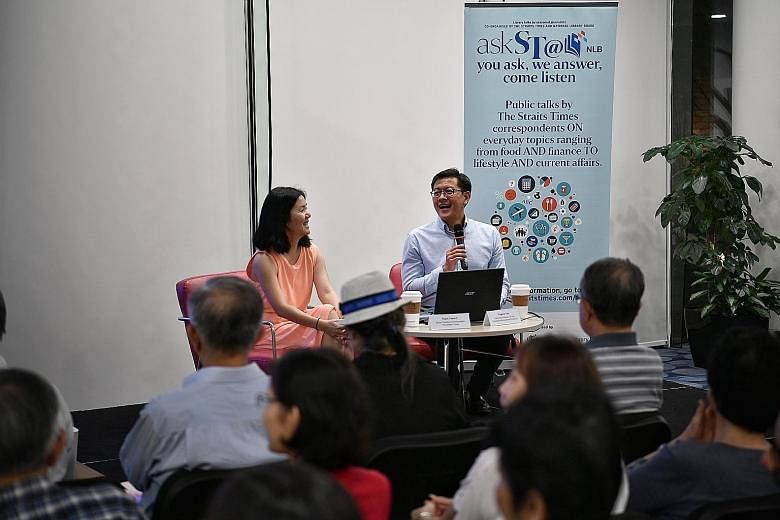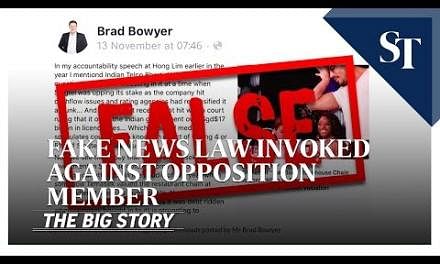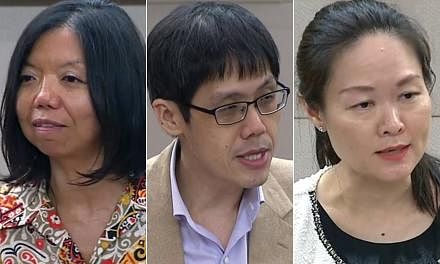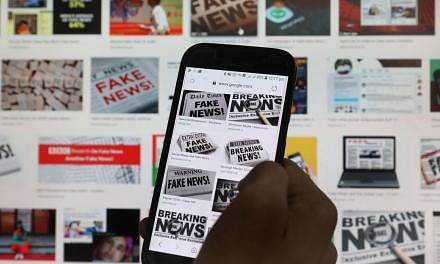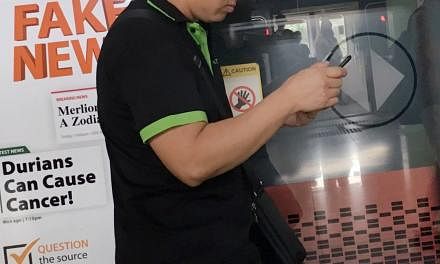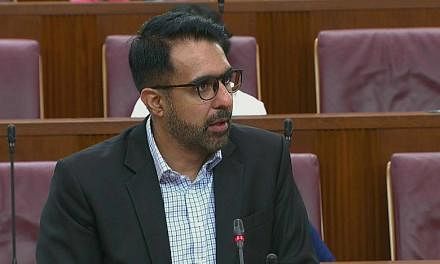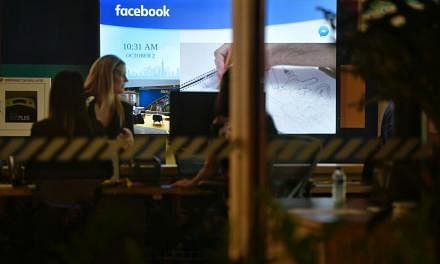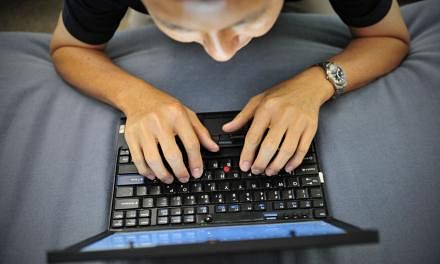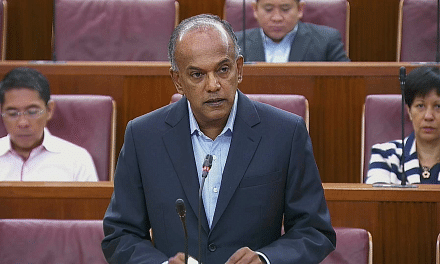A new law that aims to counter the spread of fake news will come into effect soon, and about 200 people attended a talk at the Central Library on Friday night to learn more about it and how it will affect them.
Straits Times senior political correspondent Tham Yuen-C started the session by posing several hypothetical scenarios to the audience and asking if they thought the scenarios would run afoul of the new law.
Ms Tham also shared tips on how to check if information in an article is fake. "You should read the whole article, check the date and look out for tell-tale signs; sometimes there are fake photos attached," she said.
Members of the public can also write in to askst@sph.com.sg about any reports, videos or photos they find dubious and ST journalists will look into these claims and respond.
The 11/2-hour talk is part of askST@NLB, a series of free talks.
Guest speaker Eugene Tan, a Singapore Management University law don, said the law will resort to the removal of a post or an article only in more egregious cases. Most of the time, it will require a correction to be published prominently, which means people can make up their minds whether what they read is false.
"Fake news is not new... but the difference today is that technology has enabled fake news to spread very, very quickly," he said.
The issue should not be about whether Singapore should have a fake news law, but how the country should regulate fake news due to the harm it can cause to society, added Associate Professor Tan. "What I like about the law... (is that it) emphasises the importance of responsible speech," he said, comparing this with Western countries where "the emphasis is on free speech".
"What is important as well is that the law also allows for opinion... You are free to establish your opinion so long as you establish why you come to that view," he added.
Tour guide Lily Lee, 62, said it is important to know how to define what is fake news and what is not, as false information can be very easily spread. "Sometimes we receive a WhatsApp message saying something, but later we find out that it is fake news," she added.
Ms Wee Jia Zhen, 22, a Nanyang Technological University student, attended the talk with three coursemates. Their final-year project is on fake news and the talk reaffirmed their research on the subject.
"We foresee fake news becoming a problem in the future as technology advances, such as with deepfake videos," she said, adding that they were hoping to get young people to be more proactive in calling out and reporting fake news.
AskST@NLB is a monthly collaboration between The Straits Times and the National Library Board.
The sessions are streamed live on ST's Facebook page.
